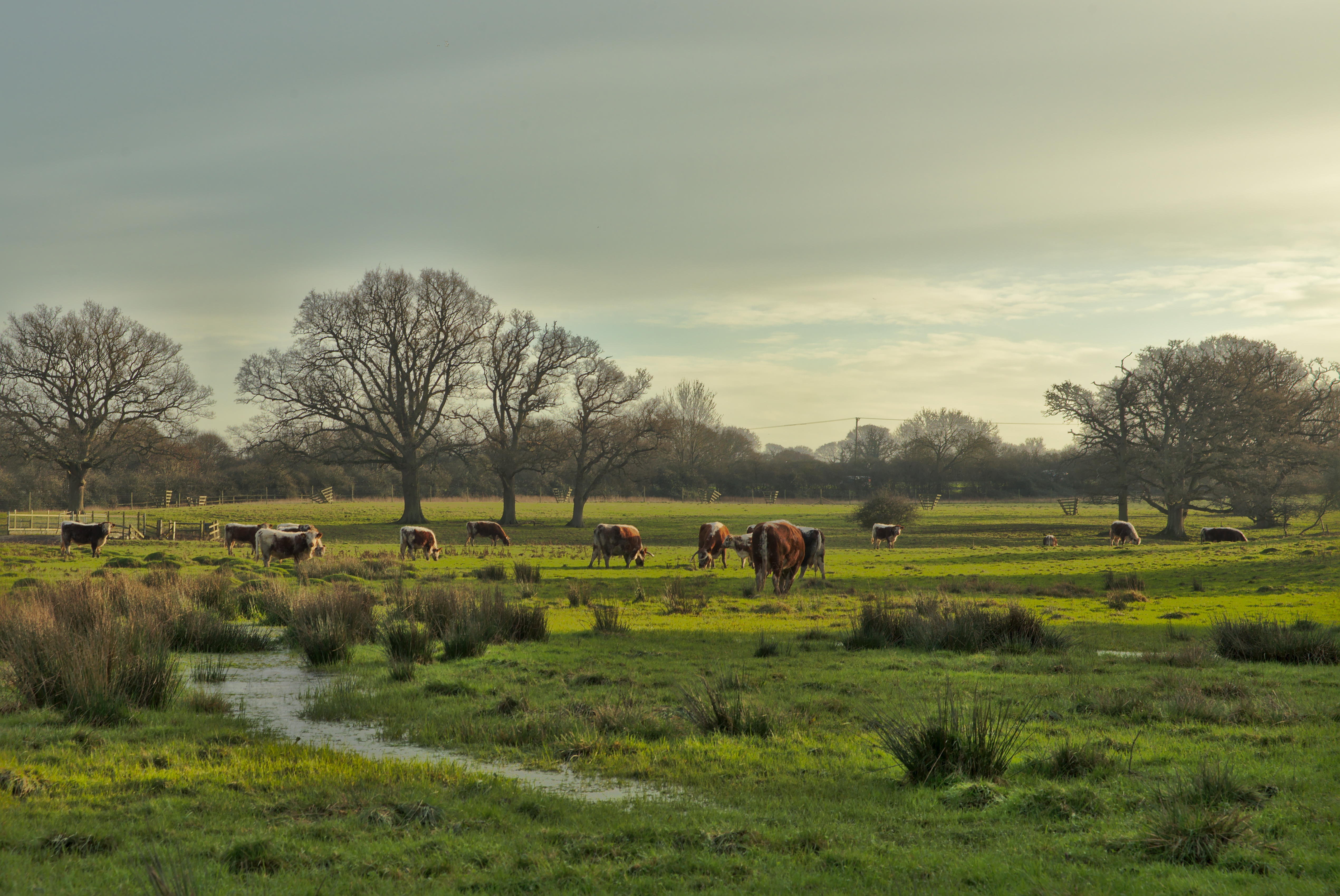#wood-pasture_hypothesis

Wood-pasture hypothesis
Ecological theory
The wood-pasture hypothesis is a scientific hypothesis positing that open and semi-open pastures and wood-pastures formed the predominant type of landscape in post-glacial temperate Europe, rather than the common belief of primeval forests. The hypothesis proposes that such a landscape would be formed and maintained by large wild herbivores. Although others, including landscape ecologist Oliver Rackham, had previously expressed similar ideas, it was the Dutch researcher Frans Vera, who, in his 2000 book Grazing Ecology and Forest History, first developed a comprehensive framework for such ideas and formulated them into a theorem. Vera's proposals, although highly controversial, came at a time when the role grazers played in woodlands was increasingly being reconsidered, and are credited for ushering in a period of increased reassessment and interdisciplinary research in European conservation theory and practice. Although Vera largely focused his research on the European situation, his findings could also be applied to other temperate ecological regions worldwide, especially the broadleaved ones.
Mon 2nd
Provided by Wikipedia
This keyword could refer to multiple things. Here are some suggestions: